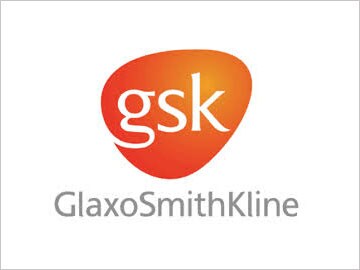
GSK Pharma's Billion-Dollar Buyback
GlaxoSmithKline plans to increase its share in Indian subsidiary GSK Pharmaceuticals to 75 percent
London-listed GlaxoSmithKline (GSK) plans to spend a potential Rs 6,400 crore ($1.03 billion) to increase its share in Indian subsidiary GSK Pharmaceuticals to 75 percent from the current 50.7 percent, through a voluntary open offer.
The offer to buy 206.09 lakh shares of the Indian unit is at a price of Rs 3,100 per share. This is at a premium of around 26 percent to the company’s closing share price of Rs 2,468 at the Bombay Stock Exchange, as on December 13, 2013, prior to the announcement of the offer.
The offer comes seven months after Unilever announced an open offer for its Indian subsidiary. At that time investors rejoiced as it affirmed the company’s faith in the India growth story. In 2012, GSK Consumer had also given its shareholders the opportunity to tender shares through a buyback offer.
GlaxoSmithKline has said it plans to keep the company publicly-listed, which indicates that it will not raise its stake further in GSK Pharma. According to Sebi regulations, a listed Indian company requires a minimum public shareholding of 25 percent for it to maintain a public listing in the country.
Should investors take the plunge?
GSK’s product portfolio in India includes prescription medicines and vaccines, across therapeutic areas such as anti-infectives, dermatology, gynaecology, diabetes, cardiovascular diseases and respiratory diseases. The company also offers a range of vaccines for the prevention of hepatitis A and B.

Analysts Forbes India spoke to advise investors who have a long-term horizon to stay invested in the stock, due to encouraging stock returns from, say, a 10-year outlook. But those investors seeking short-term gains can opt to sell their shares. Consumer and pharma stocks offer great compounding opportunities but the key is patience—something that not all investors have.
The buyback offer price indicates confidence from the management towards the listed subsidiary from a long-term horizon.
GSK has already announced a Rs 864-crore ($139 million) investment plan, which includes a new factory that will make pharmaceutical products for the Indian market at the rate of 8 billion tablets and 1 billion capsules each year, a warehouse, infrastructure and utilities to support the manufacture and packing of medicines.
“These facilities will become operational from 2017,” says Sarabjit Kaur Nangra, vice president (research) with Angel Broking, forecasting further gains for the stock. “Long-term shareholders are advised to remain put in the stock, as in the long run, when these facilities become operational, they can easily earn 20 percent per annum on the stock,” she adds.
On the valuation front, the GSK stock—at the buyback price—would trade at around 34 times the current year (2014) estimated earnings, Angel Broking analysts forecast.
Stock market veteran Ramesh Damani says that consumer and pharmaceutical firms—which have relatively stable business models—are great businesses that compound over long periods of time. “Great businesses are held [over long periods of time] simply because they are great businesses,” he says.
(This story appears in the 30 November, -0001 issue of Forbes India. To visit our Archives, click here.)





